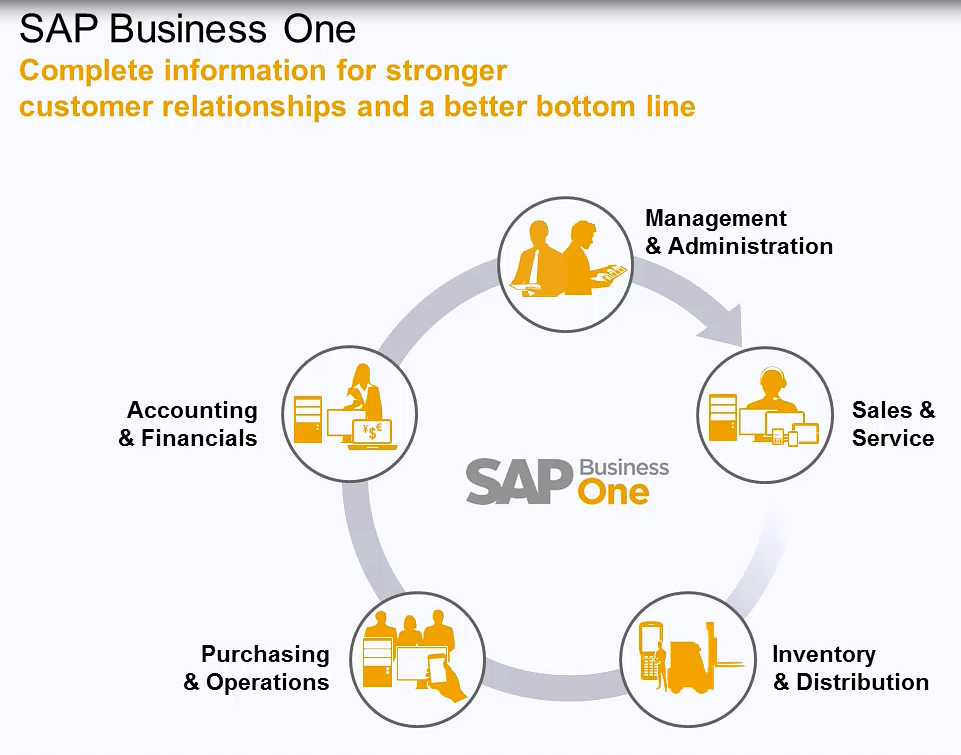Facebook Privacy
(image: http://blog.storyful.com/wp-content/uploads/sites/5/2016/04/Facebook-create.png)
Facebook is a business that uses the enticement of social media to act on its core business model, which is to collect and sell user’s information (Laudon, Laudon). Facebook has faced many lawsuits due to the way it collects and sells this information. Most of the time, users are never notified that anything is being done with their information. Facebook tried to argue that any information added to their website because their property. This did not last and it was ordered that users “own and control” the information they give to Facebook (Laudon, Laudon). Facebook cannot do anything with this information without notification. Most recently this occurred when Facebook implemented the facial recognition feature. Facial features are stored in a database and the software can find all images containing that face (Laudon, Laudon). Not only that, but Facebook had not disclosed whether or not these images would be used for advertising purposes (Conn. AG, 2011).
(image: http://www.geek.com/wp-content/uploads/2011/01/Reasons-of-Facebook-Privacy-Concerns.jpg)
Changing your privacy setting will prevent your information from being shared with anyone you do not approve of. However, this is not completely effective because Facebook is known for adding features that they automatically “opt in” their users to. Adjusting your connection settings will prevent others from seeing what you have “liked” and also will deny the page or business that you have “liked” any access to you information.
(image: http://core0.staticworld.net/images/article/2015/01/facebook_not_like-100564142-primary.idge.png)
Works Cited
CBS. (2010, April 28). Facebook Privacy. Retrieved May 25, 2016, from https://www.youtube.com/watch?v=smF1ZV7vikw
Laudon, K. C., & Laudon, J. P. (n.d.). ETHICAL, SOCIAL, AND POLITICAL ISSUES IN E-COMMERCE; Facebook Privacy [PDF].
Management Information Systems 13e
Facebook is a business that uses the enticement of social media to act on its core business model, which is to collect and sell user’s information (Laudon, Laudon). Facebook has faced many lawsuits due to the way it collects and sells this information. Most of the time, users are never notified that anything is being done with their information. Facebook tried to argue that any information added to their website because their property. This did not last and it was ordered that users “own and control” the information they give to Facebook (Laudon, Laudon). Facebook cannot do anything with this information without notification. Most recently this occurred when Facebook implemented the facial recognition feature. Facial features are stored in a database and the software can find all images containing that face (Laudon, Laudon). Not only that, but Facebook had not disclosed whether or not these images would be used for advertising purposes (Conn. AG, 2011).
(image: http://www.geek.com/wp-content/uploads/2011/01/Reasons-of-Facebook-Privacy-Concerns.jpg)
Changing your privacy setting will prevent your information from being shared with anyone you do not approve of. However, this is not completely effective because Facebook is known for adding features that they automatically “opt in” their users to. Adjusting your connection settings will prevent others from seeing what you have “liked” and also will deny the page or business that you have “liked” any access to you information.
(image: http://core0.staticworld.net/images/article/2015/01/facebook_not_like-100564142-primary.idge.png)
Works Cited
Works Cited
CBS. (2010, April 28). Facebook Privacy. Retrieved May 25, 2016, from https://www.youtube.com/watch?v=smF1ZV7vikw
Laudon, K. C., & Laudon, J. P. (n.d.). ETHICAL, SOCIAL, AND POLITICAL ISSUES IN E-COMMERCE; Facebook Privacy [PDF].
Management Information Systems 13e
Conn. AG Says Facebook Facial Recognition Software Violates Privacy. (June 2011). Retrieved May 29, 2016, from http://www.eweek.com/c/a/Security/Conn-AG-Says-Facebook-Facial-Recognition-Software-Violates-Privacy-890266
Academic OneFile





